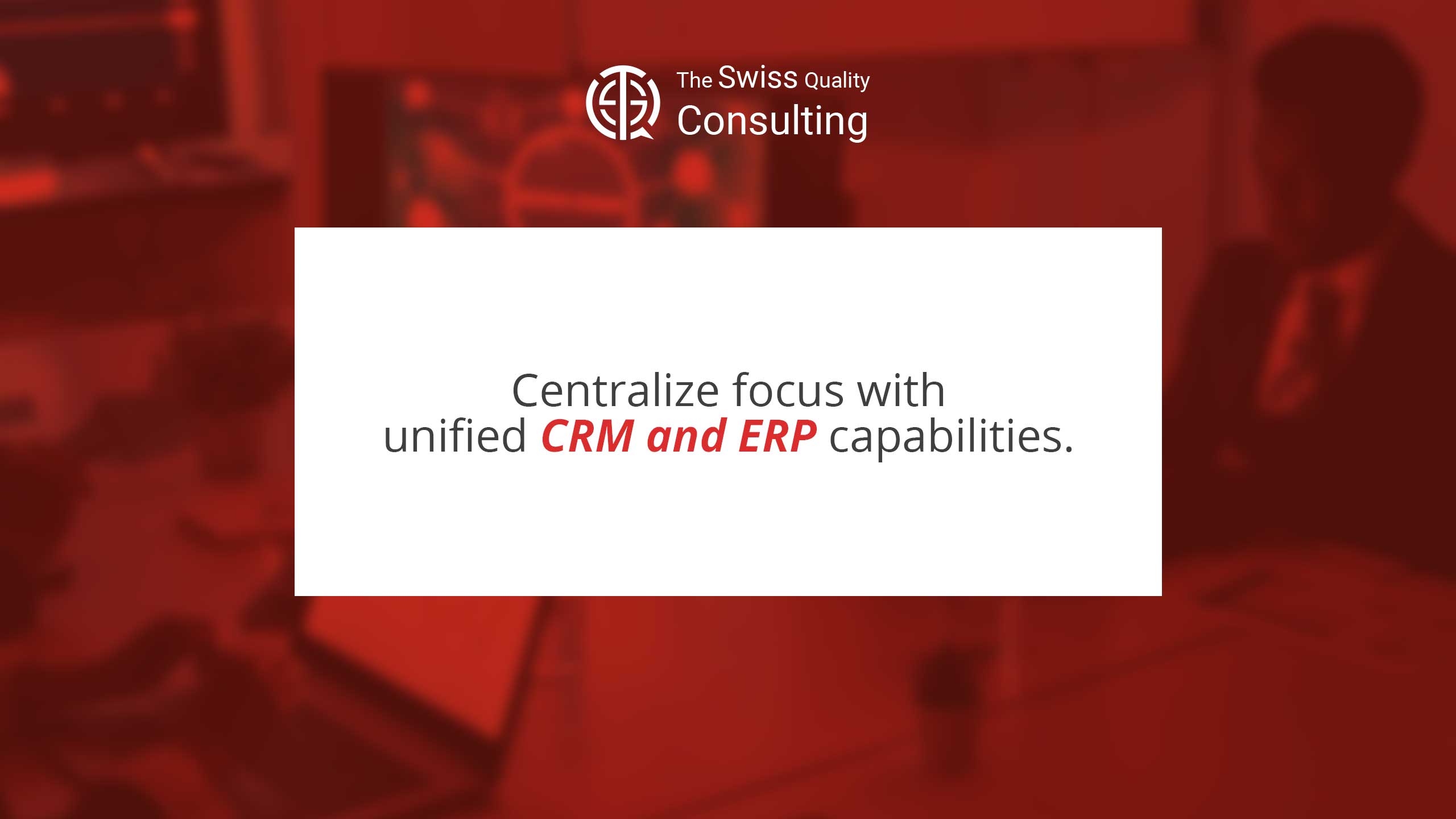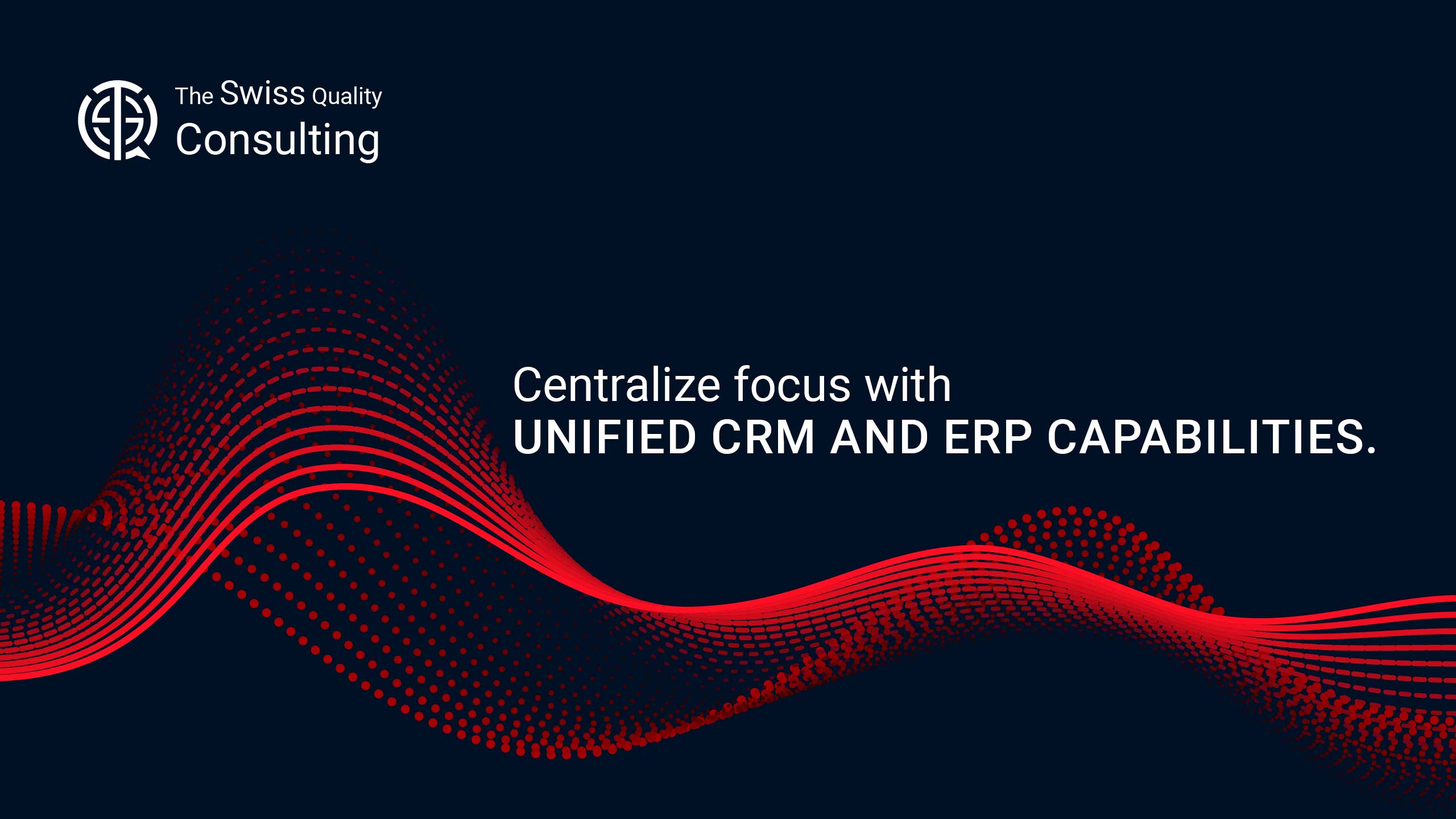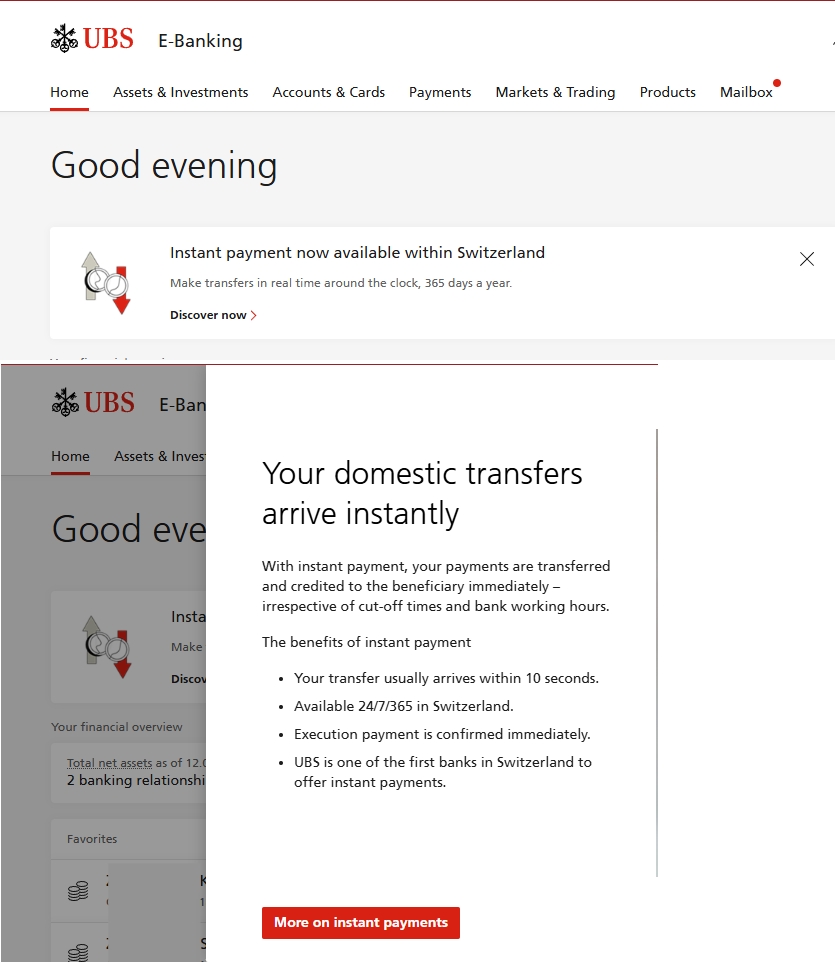ERP Integration in Swiss Companies: Key Considerations
ERP Integration in Swiss Companies
ERP Integration for Swiss Companies: Enhancing Business Efficiency
Understanding ERP Integration in Swiss Companies
When it comes to erp integration in swiss companies, there are numerous considerations that play a critical role in ensuring the success of integrating ERP systems with other business applications, such as CRM or SCM software. In the evolving digital landscape of Switzerland, businesses are increasingly relying on ERP solutions to streamline operations, enhance data accessibility, and improve overall business efficiency. However, aligning ERP with existing systems is not just about technology; it requires a comprehensive strategy that addresses the unique needs and goals of each organization.
One of the primary considerations for Swiss companies is understanding the specific business requirements that ERP integration must fulfill. This involves conducting a thorough needs assessment to determine how the integration will support key business functions, such as customer relationship management (CRM) or supply chain management (SCM). By clearly defining the objectives, companies can better select ERP solutions that align with their operational needs and long-term goals, minimizing disruptions during the integration process.
Another crucial aspect is ensuring data compatibility and consistency across all integrated systems. ERP integration in Swiss companies demands meticulous planning to guarantee that data flows seamlessly between ERP and other business applications. This requires setting up robust data governance frameworks that define data standards, establish data ownership, and ensure data accuracy. Companies must also consider the scalability of the ERP solution, as the integration should support future growth and expansion without requiring frequent overhauls or excessive customization.
Challenges in Integrating ERP with CRM and SCM Systems
The integration of ERP with CRM and SCM systems in Swiss companies presents unique challenges that need careful management. A significant challenge lies in managing the complexity of the integration process itself. ERP systems are comprehensive platforms that touch every aspect of a business, and when combined with CRM and SCM software, the integration complexity multiplies. Companies need to be prepared for the potential disruptions that can occur during this process, such as system downtime or data migration issues.
Another challenge is ensuring that all integrated systems remain aligned with regulatory and compliance standards. In Switzerland, companies must navigate a landscape of strict data privacy laws and industry-specific regulations. ERP integration efforts should prioritize compliance, ensuring that the data handling practices within the integrated systems adhere to local and international standards. This is especially crucial when integrating with CRM systems, which often manage sensitive customer data that must be protected under data protection laws like GDPR.
Moreover, cultural and operational differences within various departments can pose a barrier to successful ERP integration. It is essential for Swiss companies to foster a collaborative environment where stakeholders from IT, finance, sales, and supply chain management work together towards common goals. Engaging these stakeholders early in the process can help in identifying potential pain points and developing strategies that address both technical and human factors involved in the integration.
Best Practices for ERP Integration in Swiss Companies
To achieve a seamless erp integration in swiss companies, adhering to best practices is essential. One of the foremost practices is to choose an ERP solution that offers strong integration capabilities with existing business applications. This means opting for ERP systems with open APIs, robust middleware options, and flexible integration tools that can adapt to the company’s specific needs. Selecting a solution that supports modular integration allows Swiss companies to implement ERP in stages, reducing the risk of disruption and allowing for incremental improvements.
Another best practice is to prioritize training and change management throughout the integration process. Successful ERP integration goes beyond technical implementation; it requires buy-in from end-users who will interact with the system daily. Swiss companies should invest in comprehensive training programs that equip employees with the skills to navigate the integrated system efficiently. Change management initiatives that include clear communication, support structures, and continuous feedback loops can significantly enhance user adoption and overall integration success.
Finally, continuous monitoring and optimization are key to maintaining the effectiveness of ERP integration. Swiss companies should establish KPIs and performance metrics to regularly evaluate the impact of the integration on business operations. By tracking these metrics, companies can identify areas for improvement, optimize workflows, and ensure that the integrated system continues to meet evolving business needs. Regular updates and maintenance are also crucial to address any emerging challenges and keep the integration aligned with the latest technological advancements.
Conclusion
In summary, erp integration in swiss companies involves a strategic approach that addresses both technical and organizational considerations. By carefully planning the integration process, aligning ERP systems with CRM and SCM applications, and adhering to best practices, Swiss companies can enhance their operational efficiency and drive business success. The challenges of ERP integration, while significant, can be effectively managed through meticulous planning, stakeholder engagement, and continuous improvement efforts. Ultimately, a well-integrated ERP system serves as a powerful tool that enables Swiss companies to navigate the complexities of modern business landscapes with confidence and agility.
—
#ERPIntegration #SwissCompanies #BusinessApplications #DigitalTransformation #EnterpriseResourcePlanning #CRMSoftware #SCMSoftware #Switzerland










